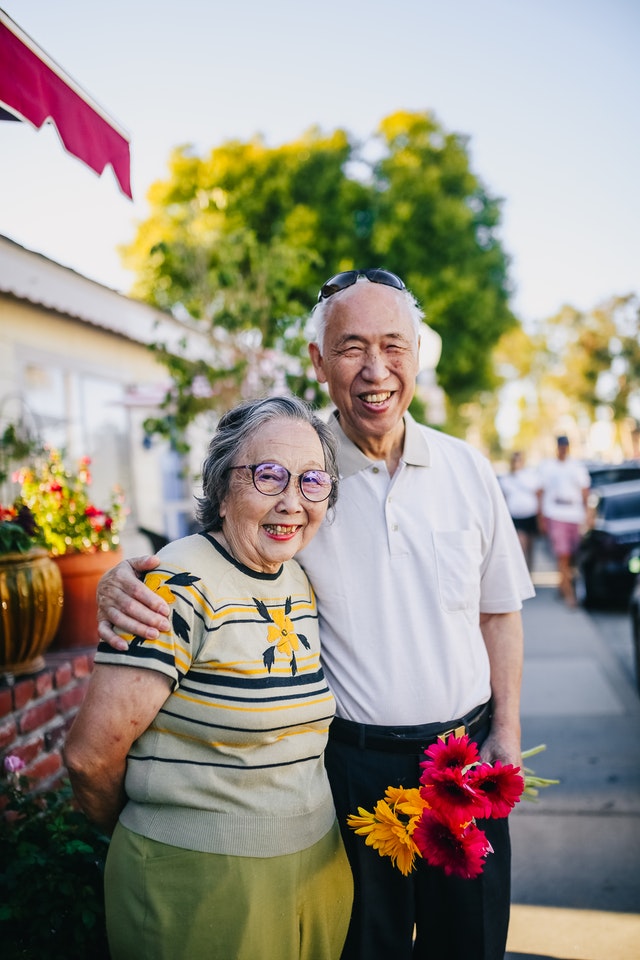Today, in my opinion, what defines the physical aspects of aging vibrantly has undergone the greatest expansion since researchers first addressed the murky issue of “successful aging.” They narrowed their pool of vibrant agers to the small majority of people exhibiting an “absence or avoidance of disease and/or disability, and the maintenance of high levels of physical functioning.”
Redefining Vibrant Aging: Beyond Disease-Free Living
Later, researchers began asking older adults themselves (Gee, what a novel concept ;-0) where they rated their “health life.” Interestingly, they rank the absence of disability and disease third, after 1) an engagement with life, and 2) an active life.
Millions of older adults in America and around the world believe they are aging vibrantly. This is in spite of having some disabilities or chronic diseases, which may limit their physical activities, or call for adaptation of their earlier levels of ability. Researchers at the University of California at Berkeley found this to be true.
I love this attitude, as it mirrors my worldview of the glass half-full, and reflects yet another aspect of vibrant aging—compensation.
The Power of Adaptation: Embracing Physical Changes
In a study from the UK where actual words of seniors are included, those older adults said as they have gotten older they have modified their intensity level, range, and time spent doing physical activities to coincide with their energy level and ability at the time. Far from giving up they are adapting and compensating for their limitations.
One lady who was a life-long dog lover and avid gardener “downsized,” (her word) by adopting a cat and becoming a “potted gardener.” Well done, I say!
Attitude Matters: How Positivity Influences Perceived Age
Over and over again, older adults at every stage, who are still actively engaged in the game of life, are adapting similarly, even those with disabilities and diseases. What is consistent among these spry folks is their attitude about aging.
Even with fewer physical abilities, people who have a positive attitude about life and about aging, and see themselves as aging well, are rated by researchers as “younger” than their chronological age. In some cases by up to a decade – making the phrase “young at heart” more than just a song by Johnny Richards and a movie starring Doris Day and Ol’ Blue Eyes.
Prioritizing Independence: The Ultimate Goal in Aging
In another study done through the Division of Gerontology and Geriatric Medicine at the University of Washington, Seattle, scientists also questioned seniors about what vibrant aging meant to them.
The number one answer was being autonomous or independent for as long as possible: “Being able to take care of myself until close to the time of death” and, “being able to meet all my needs and some of my wants.” The seniors in the UK also emphasized this point of self-care. While that also brings in cognitive functioning, a large part of staying independent sits squarely in the physical realm. Their third priority was to “remain free of chronic disease.” A wish we all share, no matter our age.
To what does all these desires point? Keeping one’s body—one’s house—in order.
Essential Practices for Maintaining Physical Well-being
My top recommendations for how to keep the home fires lit? Exercise is the number one recommendation for the physical aspect of aging vibrantly, as our bodies were made to move, and the more we move and groove our bodies, as I discussed in detail last spring, the better off we will be.
Into the good health mix I add clean, unprocessed (and organic when possible) food, and a range of researched supplements to cover any shortfalls. I sprinkle in plenty of high quality, filtered water and turn the lights out for at least seven hours every night.
The result will be the very best version of you, ready to rumble.
Until next time…Be Vibrant!
Subscribe to Receive
Vibrant Aging™ Tips
Delivered Right to Your Inbox
&
Vibrant Aging™ Coach
